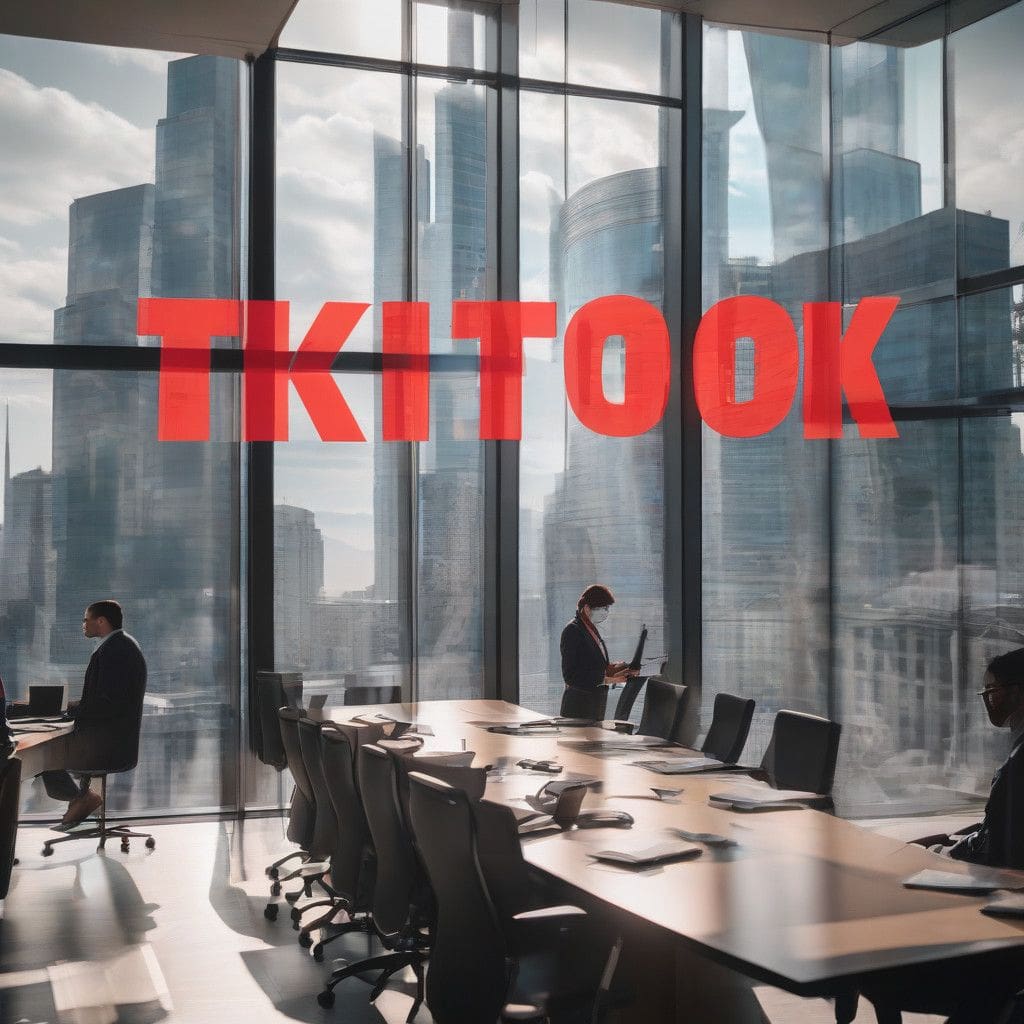The clock is ticking for TikTok, as ByteDance—the parent company of the popular video-sharing platform—faces a crucial divestment deadline set by US authorities. Senator Richard Blumenthal has underscored that ByteDance must separate from TikTok’s US operations by January 19, 2024, or risk facing a ban on its app, a significant move driven primarily by concerns over national security and potential Chinese influence.
This directive is rooted in a law enacted in April 2023, which mandates divestment owing to fears that TikTok could be used for surveillance by the Chinese government. Senator Blumenthal emphasized the gravity of the situation, pointing out that while a one-time 90-day extension is possible if meaningful progress is noted, it is vital that the law is upheld and not disregarded.
Concerns surrounding China’s impact on American tech companies extend beyond TikTok. The senator highlighted Tesla’s operations in China, warning that reliance on foreign entities, particularly concerning national security, could pose risks. This extends to other major corporations, such as Apple, which has come under scrutiny for complying with China’s censorship policies while reaping substantial profits from that market.
These complexities reflect a broader narrative where major US companies appear caught between lucrative foreign markets and domestic security obligations. Critics argue that some firms might prioritize profits over the safety and security of US data and interests. Despite these claims, companies like Apple and Tesla have remained notably silent regarding ongoing critiques of their relationships with China.
As the situation unfolds, TikTok is actively contesting the divestment order through legal channels. With court decisions imminent, the outcomes could reshape the platform’s operations significantly. If the courts uphold the divestment law, TikTok will face increased restrictions, particularly regarding app store listings and hosting services, raising the stakes for the platform, which boasts over 100 million users in the US alone.
The Biden administration’s stance on the issue is worth noting. They appear to lean towards favoring a divestment of TikTok’s ownership rather than pursuing an outright ban, illustrating a nuanced approach to handling concerns about foreign interference.
The potential ramifications of these developments are multifaceted. Should TikTok be compelled to sell its US operations, various future scenarios could unfold. A spinoff could lead to a loss of user trust, disruption of services, or even a decline in content quality as ownership shifts. Moreover, any legal precedents set could have lasting implications for how international companies operate within the United States, shaping future legislation that might affect not just TikTok but other foreign tech enterprises.
This legal battle will undoubtedly be watched closely by various stakeholders, including tech analysts, business leaders, and policymakers, all of whom have vested interests in the broader implications for digital platforms and national security.
While the outcome remains uncertain, the stakes are undeniably high. The divestment deadline is not merely a regulatory step; it signifies an ongoing effort to protect US interests in an era dominated by digital technology and international commerce.
In conclusion, as the January deadline approaches, the narrative around TikTok reflects broader anxieties about data security and foreign influence over American companies. The discussions and eventual decisions stemming from this situation will likely influence regulatory frameworks and corporate strategies in a technology landscape that is ever more intertwined with global politics.












